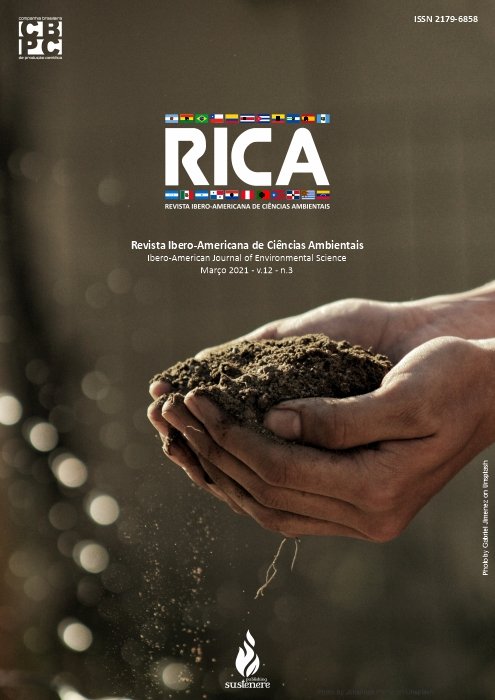Biogas: energy use and environmental management in sanitary landfill
DOI:
https://doi.org/10.6008/CBPC2179-6858.2021.003.0044Keywords:
Urban Solid Waste Management, Biogas energy, Renewable energy, Sustainability, Public administrationAbstract
Environmental pollution by solid urban waste is closely linked to the generation of biogas. However, as a pollutant, this gas can become an important source of electricity, contributing to sustainable development and diversifying the Brazilian electrical matrix. Combined with improvements in management practices, it is possible to achieve the combination of energy use and the reduction of greenhouse gas emissions. The present article proposes to evaluate the economic viability of the energy use of biogas from the landfill of the Consortium located in Andradas-MG, in addition to analyzing the reduction of greenhouse gases in different hypothetical scenarios of solid urban waste management. It was considered a projection of generation of solid urban waste for 20 years of operation of the landfill, whose biogas production was estimated using the software LandGEM ©. Greenhouse gas emissions were estimated using the Waste Reduction Model (WARM ©), considering three waste management scenarios. The economic feasibility analysis was carried out using the indicators of net present value (NPV), internal rate of return (IRR) and level cost energy (LCOE). For a power of 300 kW, the energy utilization of the biogas produced by the landfill was 1.57 GWh / year, over a period of 20 years. The project was economically viable, with a NPV of more than R $ 3,300.00.00 and an IRR of 13.15%, with an economic return through the electricity generator system after 9 years. For the management of the consortium, an opportunity for reinvestment of more than R $ 865,000.00 is generated, with the reduction of the current energy consumption of the municipalities that are part of the consortium. The most significant reduction in greenhouse gas emissions was 115,754.03 MTCO2E, obtained in the second scenario, which prioritized qualitative and quantitative improvements for waste management.
Downloads
Downloads
Published
Issue
Section
License
The CBPC - Companhia Brasileira de Produção Científica (Brazil CNPJ: 11.221.422/0001-03) the material rights of the published works. The rights relate to the publication of the work anywhere in the world, including rights to renewals, expansions and dissemination of the contribution, as well as other subsidiary rights. All electronically published works may subsequently be published in printed collections under the coordination of this company and / or its partners. The authors preserve the copyright, but are not allowed to publish the contribution in another medium, printed or digital, in Portuguese or in translation.









